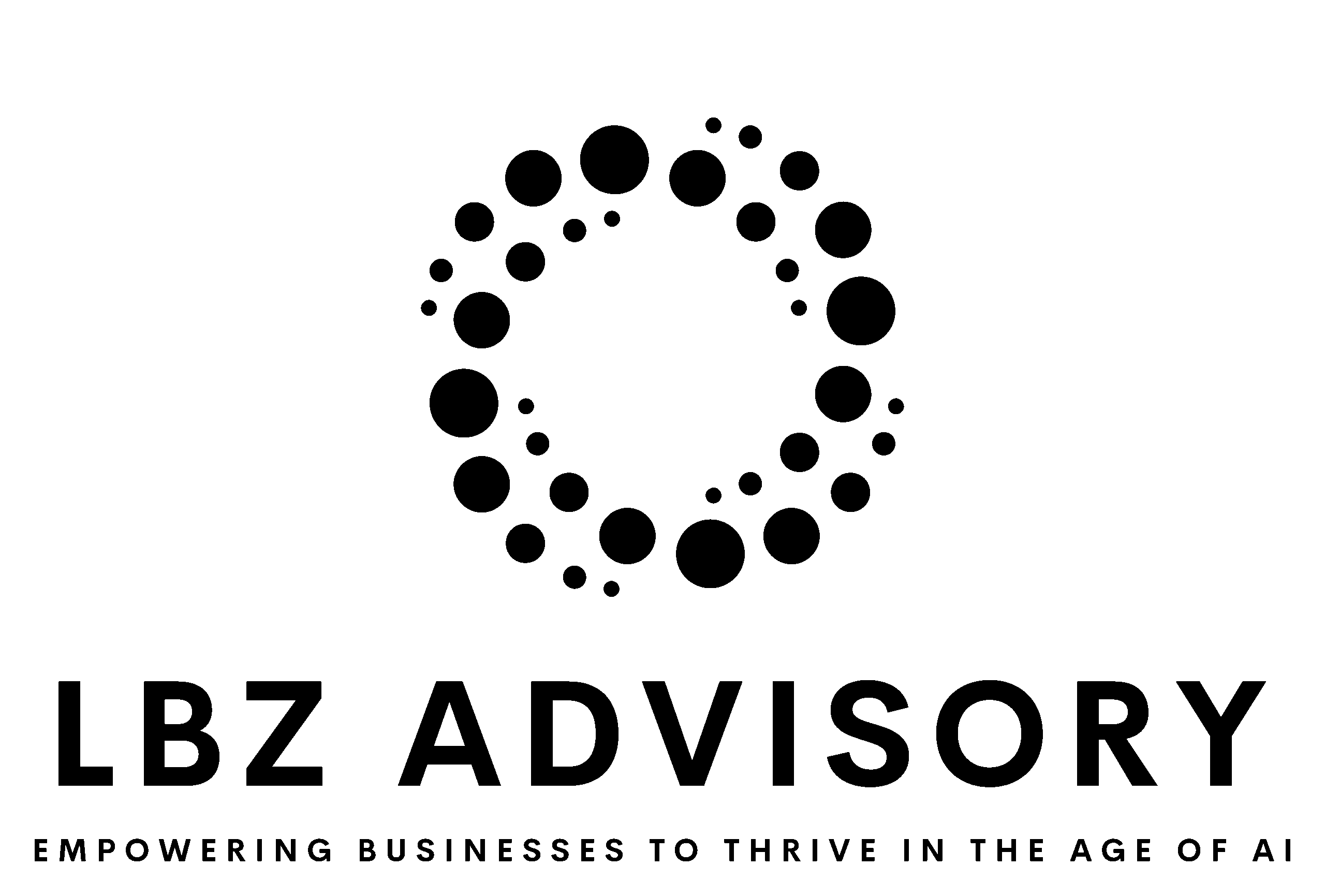Navigating the Customer-Centric Innovation Matrix: A Strategic Framework for Driving Growth
The Customer-Centric Innovation Matrix (CCIM) is a pivotal tool for businesses to align product development with consumer expectations and market leadership. Discover how to navigate between being customer-driven and vision-driven using CCIM’s four quadrants: Responsive Adaptation, Anticipatory Design, Transformative Innovation, and Collaborative Co-Creation. This strategic framework aids companies in balancing customer insights with future trends to drive growth and innovation.






















